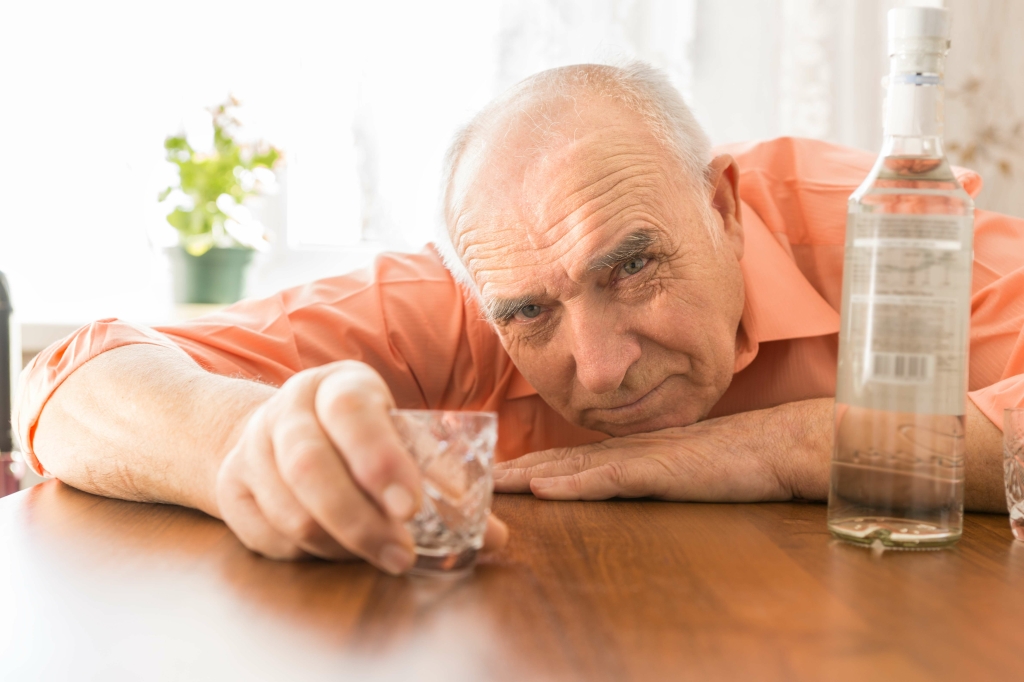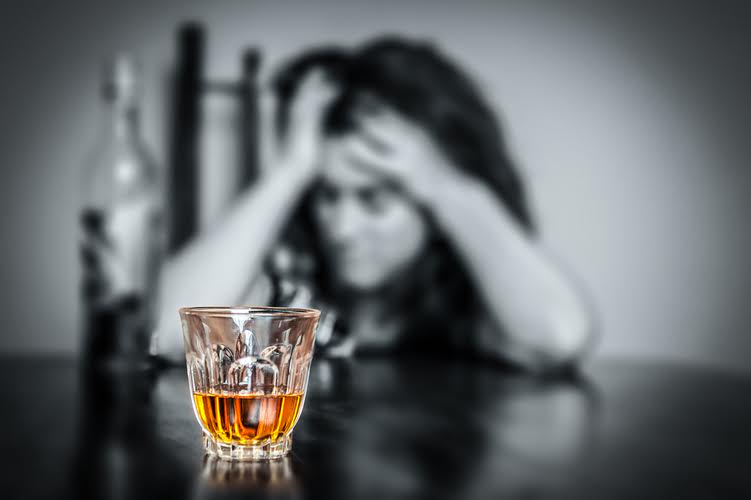Alcohol Use Among Depressed Patients: The Need for Assessment and Intervention PMC
Although medications for alcohol use disorder have been shown to reduce or stop drinking, uptake of these medications is extremely low; with only 2.1% of people who meet criteria for an alcohol use disorder (diagnosed or not) receive medication treatment. Many people turn to drinking to self-medicate and help manage symptoms of depression, not realizing that this coping mechanism can worsen depression. This is because alcohol alters the levels of brain chemicals (neurotransmitters) that impact our feelings and behavior. Two of the neurotransmitters involved in both alcohol use and depression are dopamine and serotonin. Dopamine is involved in the brain’s reward system and serotonin helps to balance mood.
Signs You Have People Pleasing Syndrome (Podcast)
One study of 421 people found that 25% had both alcohol misuse and depression. A dual diagnosis can be complicated to treat, no matter the circumstances. The Top 5 Advantages of Staying in a Sober Living House most common treatment options are included below, but know that recovery requires a personalized treatment plan that best suits your mental health needs.
Tips to change your relationship with alcohol

Once a person becomes deeply depressed, regardless of the cause, he or she may need to be hospitalized and provided with the appropriate precautions against suicide. These steps should be considered even if the patient’s depressive disorder is a relatively short-lived alcohol-induced state. Practitioners can counteract their patients’ depressive symptoms by providing education and counseling as well as by reassuring the patients of the high likelihood that they will recover from their depressions. Similarly, an alcoholic who experiences repeated panic attacks or other anxiety symptoms requires intervention for the anxiety, regardless of the cause. Alcoholics who experience high levels of anxiety or nervousness, including panic attacks, will likely benefit from education and reassurance as well as from behavioral therapies aimed at increasing levels of relaxation. It is, therefore, not surprising that more than one out of every three alcoholics has experienced episodes of intense depression and/or severe anxiety (Cox et al. 1990; Wilson 1988).
Alcohol and Anxiety

But as you continue to drink, you become drowsy and have less control over your actions. Women are more than twice as likely to start drinking heavily if they have a history of depression. Experts say that women are more likely than men to overdo it when they’re down. You may not realize https://fintedex.com/top-5-advantages-of-staying-in-a-sober-living-house/ how much alcohol you’re actually drinking in a week. A good first step is to keep a record of how much alcohol you drink and of when you don’t drink throughout the week. Alcohol can make you more likely to be depressed, and being depressed can make you more likely to drink alcohol.
A recent review revealed similar results from other studies (Schuckit and Hesselbrock 1994). For example, a 10-year followup of young men and women who originally had been studied during their mid-teens by Ensminger and colleagues1 showed no close association between preexisting anxiety symptoms and AOD-use patterns in either sex. Similarly, in a study by Kammeier and colleagues,1 there was little evidence that preexisting psychiatric symptoms measured by a standard personality test predicted later alcoholism. Also, an 18-year followup of 80 children who had experienced severe depressive episodes earlier in life revealed no evidence of an increased risk for alcoholism during the followup period (Harrington et al. 1990).
- Whether it’s a change in appetite, hypertension, or a weakened immune system, these symptoms can be the result of chronic stress.
- As hangover symptoms begin to subside, the emotional effects may follow.
- This often leads them to find ways to “manage” their depression and often results in alcohol use disorders (AUDs) developing.
How alcohol can affect your mood
- Research shows that people who drink alcohol are more likely to develop mental health problems.
- Depression and alcohol use disorder, often concurrent conditions, share many of the same alarming signs and symptoms.
- These brain changes contribute to the compulsive nature of addiction, making it difficult to abstain from alcohol.
